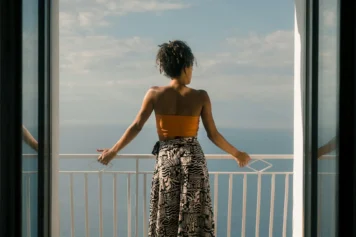Traveling to Buenos Aires in Argentina? Add these experiences to your itinerary for a better view of local culture.
Graffiti Walks
Walking around Buenos Aires, it will immediately become clear the city has close ties with the arts, specifically graffiti. While many associate street art with vandalism, the works adorning the streets in Buenos Aires are created by talented and thought-provoking artists, many who are trying to send messages about politics and government.Porteños, or the people of B.A., are very passionate about politics, and you can often see protesting happening on Avenida de Mayo and in Plaza de Mayo. The city’s graffiti is a symbol of these amorous locals. You can either wander around on your own or opt for aGraffitimundo Graffiti & Street Art Tour.
Visit An Estancia An
estancia is a large rural estate, similar to an American ranch. These stationary ranching ventures feature workers on horseback, or
gauchos, and crop farming due to the area’s healthy soil. Travelers can visit estancias right outside Buenos Aires in the Pampas region and take part in activities such as eating typical Argentinian food like empanadas and
asado, sipping local wines, drinking mate, horseback riding, riding in colonial carriages, watching traditional folk dancing and taking part in events like ring races and troops rides. You’ll get to learn about the gaucho lifestyle, and experience an important agricultural region in the country.
Do The Tango, Or At Least Watch Argentina is thought to be the birthplace of tango, which is a big part of the culture. In Buenos Aires, you’ll catch free impromptu acts on the streets as well as on Sundays at the weekly San Telmo Market and Recoleta Fair. Other ways to experience complimentary tango include going to Museo Casa Carlos Gardel, which regularly features free tango shows and lessons and at many of the city’s cultural centers on Sundays. If you have money to spend and want a lavish experience, many venues offer dinner, wine and a show and/or classes, such as La Ventana, Rojo Tango and Complejo Tango. Another option is to go to a
milonga,a place where tango is danced. For instance, La Glorieta offers free entrance to their open-air milonga on Fridays, Saturdays and Sundays from 7 to 10 p.m. Even when these venues are not free, they are usually inexpensive and allow you to watch some of the city’s best tango dancers.
Go To A Peña
While most people know Argentina for its rich tango culture, a lesser-known facet is peñas folklóricas. These rustic dance halls feature wine, food, singing, dancing…


